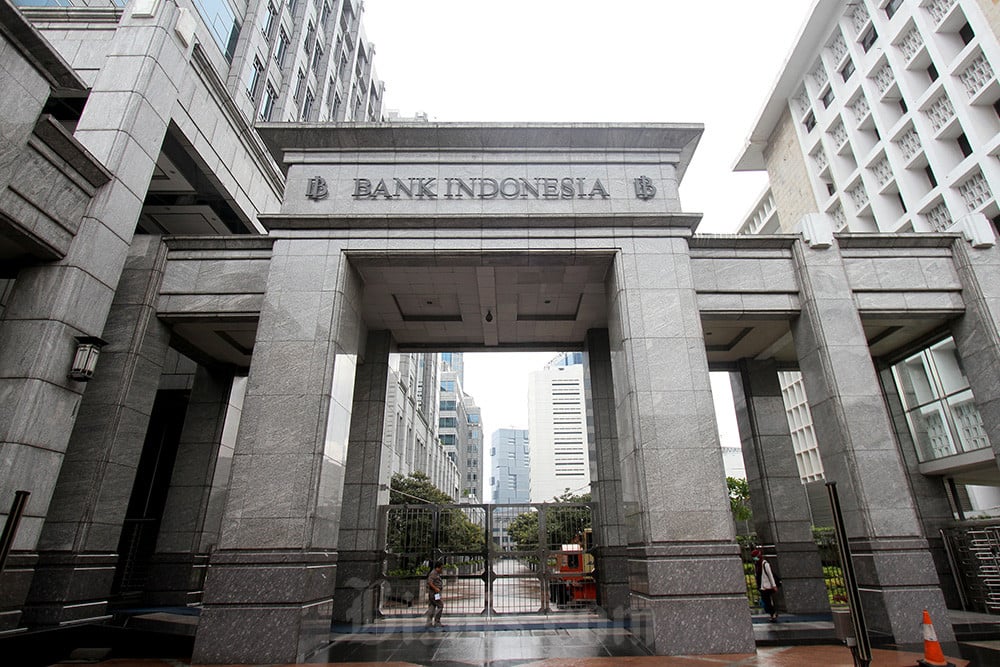Indonesia’s central bank cuts benchmark rate by 25 basis points to 5.25%
It also trims the overnight deposit and lending facility rates to 4.5% and 6%, respectively.
Indonesia’s central bank cut its benchmark interest rate for the third time this year, shortly after the country finalised a trade deal with the US that sets a 19 per cent tariff on goods from South-east Asia’s largest economy.
Bank Indonesia (BI) lowered its benchmark rate by 25 basis points to 5.25 per cent, aligning with market consensus compiled by Reuters. It also reduced its overnight deposit and lending facility rates to 4.5 per cent and 6 per cent, respectively.
BI governor Perry Warjiyo said the decision was driven by low inflation – which remained within the target range – and the continued stability of the rupiah, in line with its fundamentals as well as the ongoing need to support economic growth. Inflation in June stayed near the bottom of the central bank’s target range of 1.5 to 3.5 per cent.
Warjiyo also expressed support for the recently concluded trade agreement, saying it would boost sentiment for Indonesia’s exports and economic growth, while providing greater clarity for financial markets.
BI estimates Indonesia’s gross domestic product growth will reach 5 per cent this year, slightly below the target of 5.2 per cent.
Analysts said that BI may keep the door open for further rate cuts later this year, as it aims to bolster growth amid mounting global uncertainties and signs of slowing domestic demand.
Indonesia’s economy is under mounting pressure from weakening consumption – a crucial growth driver, as evidenced by a decline in retail sales during the second quarter of this year.
Lavanya Venkateswaran, Asean economist at OCBC, said the rate cut was broadly expected and reflects BI’s continued focus on sustaining growth momentum amid rising global and domestic headwinds.
OCBC projects Indonesia’s GDP growth to moderate to 4.7 per cent in 2025 from 5 per cent in 2024, amid weaker external demand and slowing domestic consumption. “BI clearly left the door open for further cuts, the timing of which will be tied to rupiah stability,” Venkateswaran added.





